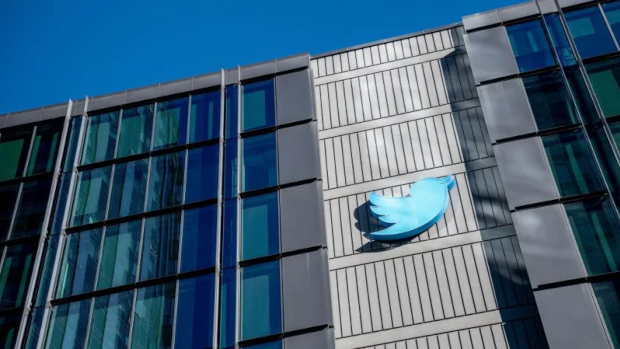
Musk adds beds to Twitter HQ, sparks building code investigation
Twitter is now under investigation by San Francisco’s Department of Building Inspections after it was revealed that offices in the company’s headquarters have been converted into bedrooms.
Employees who work out of the Twitter San Francisco office reportedly found on Monday that conference rooms throughout the office had been converted into rudimentary bedrooms, complete with double beds, wardrobes, and side tables.
The San Francisco Chronicle reported that Twitter does not have permission to use the headquarters for residential use, which the addition of bedrooms could constitute. The investigation is ongoing, and employees have already shared photos of the sleeping arrangements.
In response to news of the investigation, Twitter CEO Elon Musk tweeted that he was “providing beds for tired employees”, and linked a news story of a child who died after allegedly coming into contact with fentanyl in a playground, criticising the priorities of the San Francisco local government.
Later, Musk replied with ‘crying laughing’ emojis to a tweet joking that Twitter has accomplished in building new housing where city officials have not.
Some employees have registered their surprise with the change, even as they had become used to the longer than usual working hours and weekly code reviews that has become part and parcel of Musk’s strategy for the company.
“It’s not a good look,” a source within the company told Forbes.
“It’s yet another unspoken sign of disrespect. There is no discussion. Just like, beds showed up.”
The introduction of basic sleeping quarters to the Twitter office appears to be linked to Musk’s former demand that Twitter employees must adjust to an “extremely hardcore” new office culture, with massive cuts to staff benefits like remote work, and accepting long hours in the office. Employees were given a deadline by which they had to agree to the changes, or leave their role.
Hundreds of employees refused the demands, and left the company as a result, leaving the future of the platform uncertain. This was one of a number of controversial changes to Twitter, both internal and on the platform itself, since he acquired it at the end of October. One of the first moves he made in the role of CEO was to fire many of the company’s remaining executives, and he then cut half of the company’s employees.
Following the layoffs, the company has been sued by a number of employees who allege that they were not given adequate notice of the decision.
Akiva Cohen, a lawyer representing a number of former employees, tweeted the full text of the demand letter he sent to Musk, which stated that the “one month of salary, no bonus, no accelerated vest, and no contribution to healthcare” offered to fired employees falls “far, far short” of what they were promised.
Additionally, Musk’s introduction of paid verification, intended to improve ‘free speech’ amongst users, instead gave rise to chaotic impersonations of famous individuals and companies alike.
Firms such as aerospace and arms manufacturer Lockheed Martin lost billions in market cap as a result of the fake accounts, and Twitter is now planning to introduce colour-coded verification badges for businesses, governments, and individual users.
Ⓒ Future Publishing







Subscribers 0
Fans 0
Followers 0
Followers